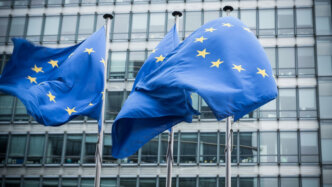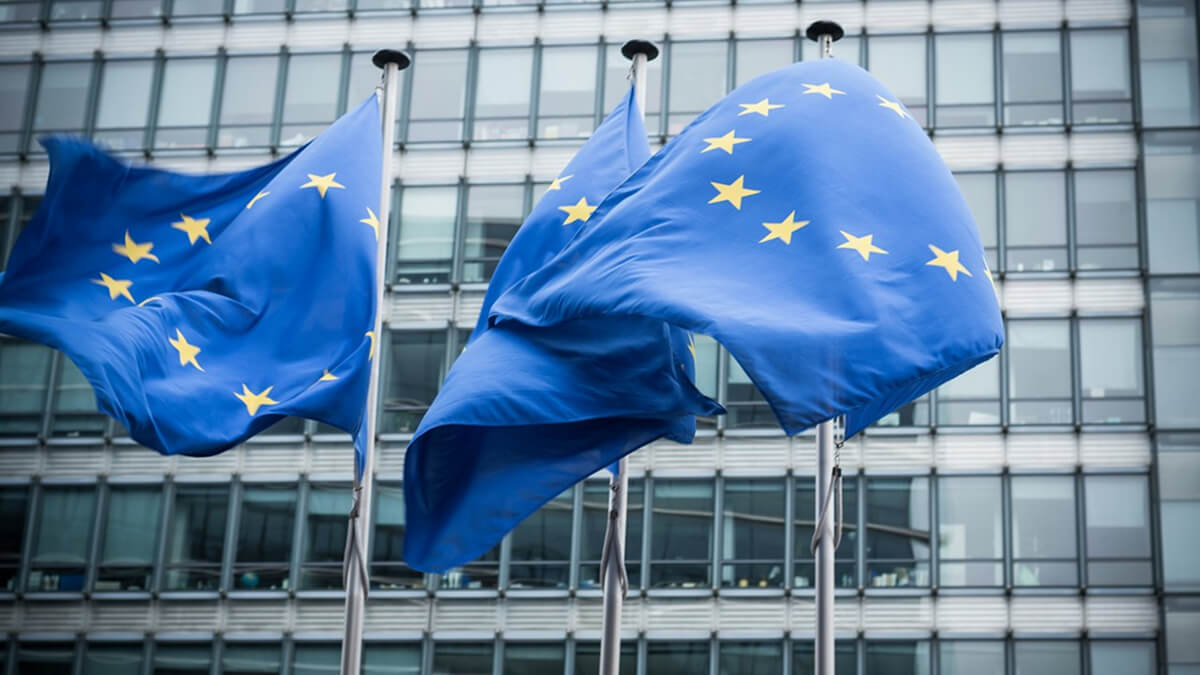European digital ministers have formally adopted the Jutland Declaration, a joint commitment to strengthen protections for minors online, including through mandatory age verification on social media platforms.
The declaration emerged from an informal EU Telecom Council meeting held in Horsens, Denmark, on 9–10 October. It reflects alignment among 27 participating states in projecting a political direction toward tighter regulation of digital platforms. The ministers underscored that social media services should adopt “effective and privacy-safe” age verification systems to prevent underage users from accessing content not suited to them.
Beyond age checks, the declaration also targets harmful platform design choices — such as addictive features and “dark patterns” meant to manipulate users — urging regulators and platforms to address these practices.
In the declaration, ministers frame age verification as one tool among others to shield children from risks online. The Danish Ministry for the Interior emphasized that, since age checks are a “drastic measure,” they must always be proportionate, reliable, secure, and designed to protect privacy. Some signatories caution that forcing identity checks or excluding minors entirely from services could raise concerns about exclusion or intrusive data collection.
Belgium and Estonia chose not to sign the declaration. Belgium said it supports the objectives but refrained from endorsing the approach. Estonia raised concerns about the privacy risks and potential social exclusion arising from restricting access.
Tying into the Commission’s blueprint
The ministers’ move dovetails with parallel work in the European Commission, which recently released an updated age verification blueprint. The blueprint is designed to guide member states and platforms toward interoperable, privacy-centered methods — for instance, proofs that affirm a user is above a threshold (e.g. over 18) without disclosing identity.
Pilot implementations are underway. Denmark, France, Greece, Italy, and Spain are customizing the solution into either national digital identity wallets or specialised verification apps. The goal is for age verification tools to be ready for deployment in 2026.
What comes next
With the Jutland Declaration now signed, the focus shifts to turning its political vision into binding rules. The Commission is expected to propose legislative measures that align with the ministerial declaration’s demands.
The declaration also gives impetus to ongoing enforcement under the Digital Services Act (DSA). Under Article 28 of the DSA, platforms must apply proportionate safeguards for minors — and the Commission has already issued Requests for Information to major tech firms to disclose how they protect children.
Ahead of Cyprus’ upcoming EU Presidency, the Cypriot government has said protection of minors online will be a top priority. Its digital affairs minister announced that Cyprus will join the EU’s age verification effort, alongside Denmark and Greece.
As the legal, technical, and privacy dimensions of age verification are worked out, the Jutland Declaration establishes a shared political benchmark: digital platforms must do more to protect minors, and Europe intends to regulate how they do it.







